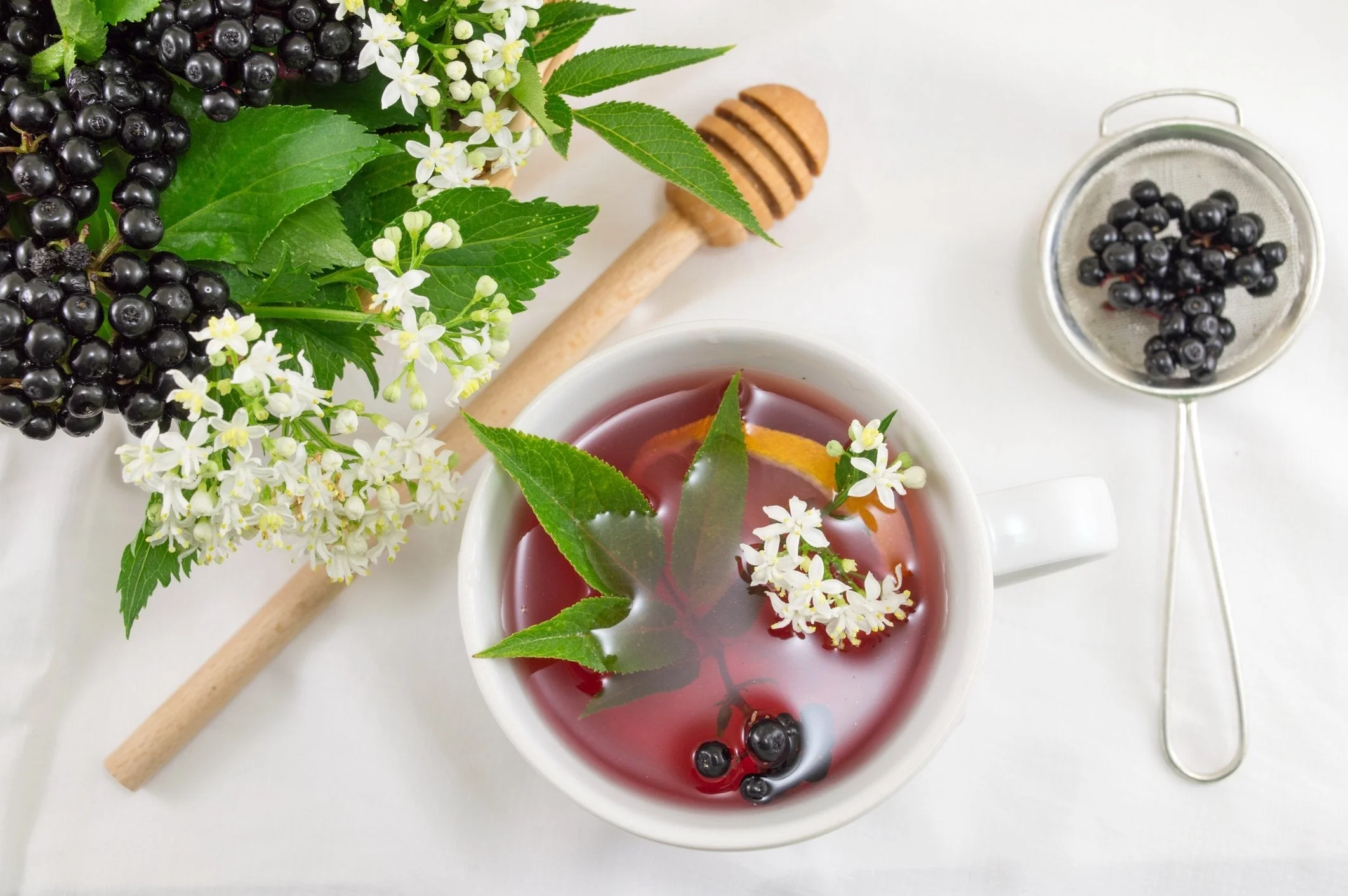
- Health advice
- Mar 07, 2018
Cinnamon is a well known spice in most kitchens and cultures. Not only does it bring fragrant tastes to our cooking it exerts a myriad of positive effects, including on our cardiovascular health. The properties of cinnamon include:
- Antioxidant
- Preservative
- Digestive support
- Anti Inflammatory
- Pain management
- Cholesterol reducing
- Peripheral vasodilation
- Cognitive protection
Cinnamon is the dried inner bark of the Cinnamomum tree which you buy as quills (those curly sticks) or in a powdered form. There are many types of cinnamon but the “true” cinnamon is Cinnamomum zeylanicum also known as “Ceylon Cinnamon” and is much rarer to find than it’s cheaper counterpart Cinnamomum cassia (“Dutch cinnamon”) which is probably what you are buying in the supermarket. (The image above appears to be Cinnamomum cassia, as the scrolls are not as fine and tightly wrapped as you would expect with the fine inner bark of Cinnamomum zeylanicum)
How can cinnamon help my heart?
Cinnamaldehyde and cinnamic acid are the active components of all the cinnamons and are the parts that offer cardioprotection. These 2 components increase our ability to make nitric oxide which can help to reduce blood pressure by exerting vasorelaxation, and reducing inflammation. Cinnamaldehyde has several benefits for cardiovascular health:
- Inhibition of L-type calcium channels, like a kind of natural calcium channel blocker, enabling the heart to beat more effectively. In conjunction with vasorelaxation (flexible rather than rigid/contracted veins) the workload of the heart is reduced to stronger regular contraction as opposed to constant contractions which can be inefficient and lead to irregular rhythm or heart failure.
- Inhibition of platelet aggregation (blood cells that clump together) and therefore preventing blood clots which are a major factor in stroke and heart attacks.
Other ways cinnamon protects cardio health
Reducing systemic inflammation is also a good way to protect your heart. Low level inflammation is now linked with several diseases including cardiovascular disease, atherosclerosis, peripheral artery disease and stroke. Cinnamon contains several polyphenols which are strong antioxidants. These properties are so strong in cinnamon that it could be used as a natural preservative. High LDL cholesterol levels are considered a risk to heart health. Cinnamon given over an eighteen week period (doses 120 mg or more) increased HDL (the good kind) and reduced both LDL (the bad kind) and triglycerides (1- Allen). This meta-analysis also found that cinnamon gave a beneficial effect on blood glucose levels, reducing them to healthy levels in more than 90% of participants, an added bonus for diabetics and metabolic resistant types.
How much cinnamon do you need?
Before you apply lashings of cinnamon to all your meals be aware that you can have too much of this good thing! Cinnamon contains coumarins which can can affect your liver if taken at high doses. High doses of cinnamon can also irritate your mouth and lungs. That means around 1⁄2-1 teaspoon (0.5-2g) a day is all that is recommended for adults. If you regularly take pharmaceutical medication 9 including paracetamol and ibuprofen) or have liver issues then please consult your health professional for guidance.
Heart Health Hot Chocolate:
Not only cinnamon but also ginger and cacao can support your heart as they are anti-inflammatory (ginger) and contribute to healthy blood pressure (cacao). This delicious chocolate drink taken daily can provide a myriad of positive health effects with the heat just being one! It will warm you up on a cold day as well. Ingredients
- 1 tablespoon raw cacao powder.
- 1/2 teaspoon cinnamon.
- 1/4 teaspoon dried ginger.
- teaspoon rice malt syrup, to taste (we recommend no more than 1/2 teaspoon).
- pinch of sea salt and freshly ground black pepper.
- 1/2 cup coconut milk (or milk of your choice), warmed.
- 1/2 cup water
Directions
- 1. Add raw cacao powder, dried spices, sea salt and pepper into a standard mug.
- Fill mug 1⁄4-1⁄2 with boiling water and rice malt syrup. Stir until powders dissolve.
- Pour in warmed coconut milk and stir to combine. Serve.
Article by Desley Hatfield | Naturopath
Book a free “Introduction to Wellness” session with Desley to discuss how she can assist you.
References:
- Allen, Robert W. et al. “Cinnamon Use in Type 2 Diabetes: An Updated Systematic Review and Meta-Analysis.” Annals of Family Medicine 11.5 (2013): 452–459. PMC. Web. 27 Feb. 2018.
- Kawatra, Pallavi, and Rathai Rajagopalan. “Cinnamon: Mystic Powers of a Minute Ingredient.” Pharmacognosy Research 7.Suppl 1 (2015): S1–S6. PMC. Web. 20 Feb. 2018.
- Rao, Pasupuleti Visweswara, and Siew Hua Gan. “Cinnamon: A Multifaceted Medicinal Plant.” Evidence-based Complementary and Alternative Medicine : eCAM 2014 (2014): 642942. PMC. Web. 27 Feb. 2018.
- Vasanthi, Hannah R, and R.P Parameswari. “Indian Spices for Healthy Heart - An Overview.” Current Cardiology Reviews 6.4 (2010): 274–279. PMC. Web. 20 Feb. 2018.
Related Articles
Recently Viewed
- ${ variant.price | currencyFromCents } | ${ variant.title } ${ variant.price | currency } | ${ variant.title }




















